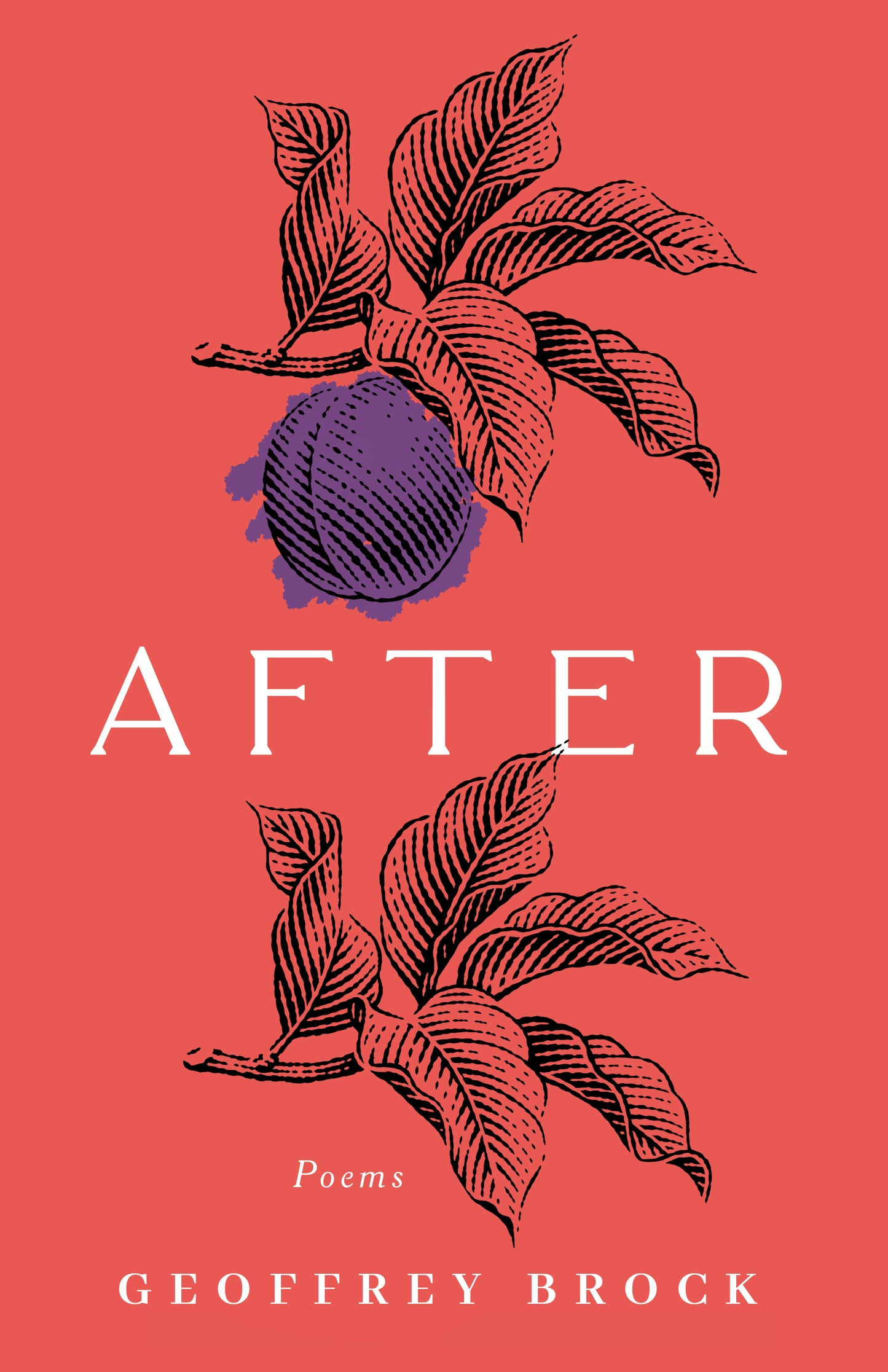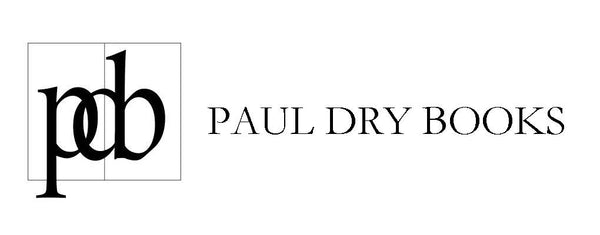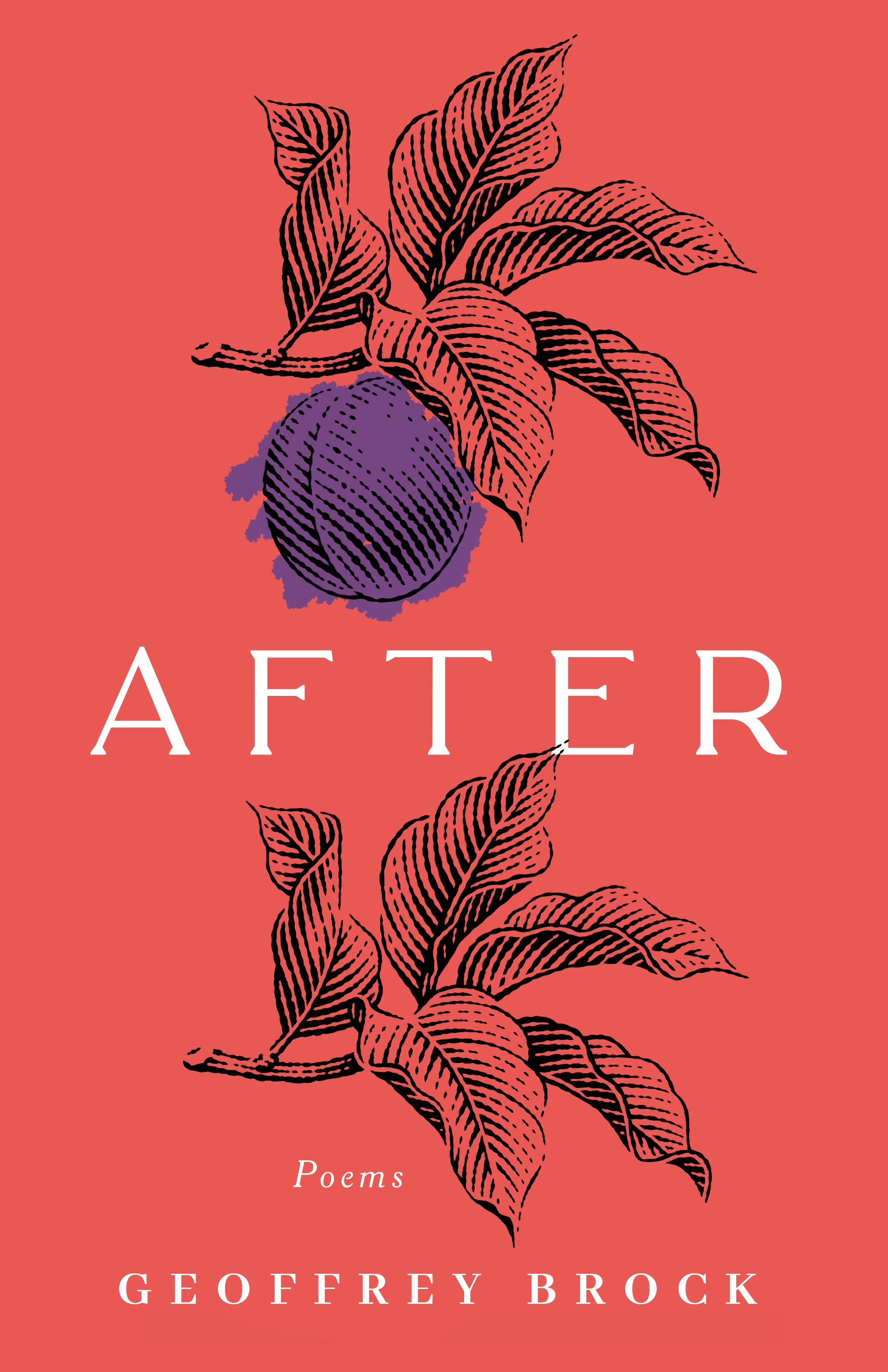After: Poems
After: Poems
Geoffrey Brock
Couldn't load pickup availability
82-page paperback / 5.5" x 8.5" / ISBN 9781589881877
Publication Date 4/9/2024
"Among the finest poets of his generation.”
—Richard Wilbur, two-time winner of the Pulitzer Prize for Poetry
"Like Frost before him, Brock has the power to make earthbound words take flight.”
—Boris Dralyuk, author of My Hollywood and Other Poems
The title of Geoffrey Brock's third poetry collection, After, works in two ways. Many of the poems were written after, and in response to, the death of Brock's father, who was also a poet. And many are in some way “after”—as in, in the manner of—other poems or works of art. Such texts, often called “versions” or “imitations,” have long been seen as, in Samuel Johnson’s words, “a kind of middle composition between translation and original design.”
Brock has been writing and translating poems for forty years, and for most of his career those two activities proceeded along parallel but distinct tracks. In recent years, however, he has been increasingly drawn to that middle space where the tracks converge. For Brock, it's a conversational space, in which he listens to the call of earlier works and offers responses from his own life: by turns bleak and beautiful, poignant and funny, sorrowful and accepting. Poets owe debts to other poets as surely as each of us does to those who raised us, and After is a partial account of such personal and poetic inheritances.
PRAISE FOR GEOFFREY BROCK:
"Brock takes evident pleasure in the mechanics of his craft. He is fluent in meter, rhyme, and received forms (sonnets, villanelle, ballad) and enjoys hopscotching around the playground from parody ('Dental Hygiene Through the Ages') to tongue-twister titles ('The Shingle Street Shell Line') and double takes ('Walking the Cat')."
—The Hudson Review
"Although Geoff Brock’s new collection has much to say about aging and loss, the intricate variations he plays on these themes lend his poems an unexpectedly celebratory air—an air of joyous discovery. To weave together two of his indelible images, the evening that reaches for our ripening fingers is always brightened by ‘the old moon on its nightly walk, / the belled stars chiming faintly in their dark.’ Few poets working today are as inventive as Brock in their use of meter and rhyme, and none makes the demotic speech of our era feel quite so numinous. Like Frost before him, Brock has the power to make earthbound words take flight.”
—Boris Dralyuk, author of My Hollywood and Other Poems
“To read Geoffrey Brock’s After is to be in intimate conversation with poets he has loved––Pavese, Keats, Heaney (to name a few) and most importantly, the poet’s father, Van K. Brock. As such, these poems braid ‘some old-world air’ with ‘some brave new word.’ The poems in After crackle and burst, unfolding with quiet authority, with wind and wisdom, nodding both to formalism and the vernacular. Brock gives us an almanac of seeing (and yes, feeling) from the middle of a life––a testament of loss and wonder and going on by a poet whose ear is pitch-perfect and whose singular voice is measured, monumental––and not to be missed.”
––Andrea Cohen, author of The Sorrow Apartments
“After is a work of expert design, allusion, and rigor at the blurred edges, a book that lays bare the betrayals and ‘gray sins’ of a grievous, fragile life. An unnervingly casual master of the line and image—a herd of cattle is ‘like ink in a bottle’; the Turin sky is ‘rinsed with milk, clear but not luminous’—Brock has a wry, lacerating self-awareness that reminds me of Edgar Bowers. This is an elegiac, elemental, exquisite book.”
—Randall Mann, author of Deal: New and Selected Poems
"When one is working at the highest realms of the imagination and poetic craft, there is a curious sense in which the activities of writing, translating, even reading, and editing, are less distinct than we might think, that they are rather modes of the human mind's central creative enterprise. The poems in After reach these realms; over and over they evince that the highest poetic intelligence may not be originality but attentiveness and conversation. Long recognized as one of our finest translators, After is the book that will convince you that Geoffrey Brock is undoubtedly one of our finest poets as well. I will be reading and returning to these poems for the rest of my life.”
—Jennifer Grotz, author of Still Falling
"Geoffrey Brock’s poems are delightful in ways which are all too rare nowadays. I am grateful for their freshness of attack, the play and interplay of their words, and their speaking voice, which talks so often in the key of rueful comedy . . . In such a poem as ‘Ovid Old,’ I find an admirable technique, a keen eye, and what used to be called ‘a knowledge of the human heart.’ In many another poem he shows that he is among the finest poets of his generation.”
—Richard Wilbur on Weighing Light
"[Brock] write[s] in traditional English metrics with a naturalness and ease, an unshowy virtuosity . . . [A] haunting, original, and intellectual voice . . . Figurative clarity leads to troubling ambiguity, and the invitation to think is one we can’t help but accept. Such is Brock’s considerable skill. His voice, woven in the mesh of his verse, has an Old World authority.”
—Mark Jarman, The Hudson Review, on Weighing Light
"It was a good year for terrific second collections. Geoffrey Brock’s Voices Bright Flags . . . braids the personal and political.”
—A.E. Stallings, The Times Literary Supplement, on Voices Bright Flags
TWO POEMS FROM AFTER:
"The Day"
It hangs on its
stem like a plum
at the edge of a
darkening thicket.
It’s swelling and
blushing and ripe
and I reach out a
hand to pick it
but flesh moves
slow through time
and evening
comes on fast
and just when I
think my fingers
might seize that
sweetness at last
the gentlest of
breezes rises
and the plum lets
go of the stem.
And now it’s my
fingers ripening
and evening that’s
reaching for them.
"Gray Communion"
I still have conversations with my father.
Sometimes we’re at the bottom of the ocean
and he’s distracted by the lack of air.
It’s hard to stay on topic when you’re busy
turning the water into oxygen,
or trying to. It’s also hard down there
to hear with any clarity. It’s easy
if not quite fair to blame it on the weather.
Sometimes he’s standing at a teller’s window
with me on his shoulders. Some egregious fault
of hers has made him livid. He wants to close
all his accounts—he claims that he has many.
There is no oxygen inside the vault,
I whisper to him. What I mean is money.
Wounded, he shrinks beneath me. Says he knows.
But says the teller looks like his ex-widow.
Sometimes we’re in his dirty living room
watching the Spurs, speaking chiefly in stats.
(He moved to San Antonio for a woman
who saved him, for a year or so. I have here
his gray communion document, which states
whoever eats this bread will live forever.
I can’t imagine a more awful omen.
Naturally she and God lost faith in him;
he never spoke of it, but so I gather.)
Last night we dined on a terrace by a lake.
His breathing tubes kept slipping toward his mouth,
hindering meal and colloquy alike.
He tore them off and flung them down the stairs.
After supper, we argued over stars,
both of us smoking again, as in our youth.
I still have conversations with my father.
Also available as an e-book:
Amazon
Apple iTunes Bookstore
Barnes & Noble
Google Play
Kobo (See IndieBound's list of independent booksellers selling e-books.)
Geoffrey Brock is an American poet and translator. He is the author of two previous collections, Weighing Light and Voices Bright Flags; the editor of The FSG Book of Twentieth-Century Italian Poetry; and the translator of various books of poetry, prose, and comics, mostly from Italian. His poems have appeared in journals including Poetry magazine, Paris Review, Yale Review, and Best American Poetry, and he has translated authors including Umberto Eco, Roberto Calasso, and Italo Calvino. His translations have received ALTA’s National Translation Award for Poetry and the PEN Center USA Translation Prize, among others. Brock is a Distinguished Professor of English at the University of Arkansas and the founding editor of the Arkansas International.


